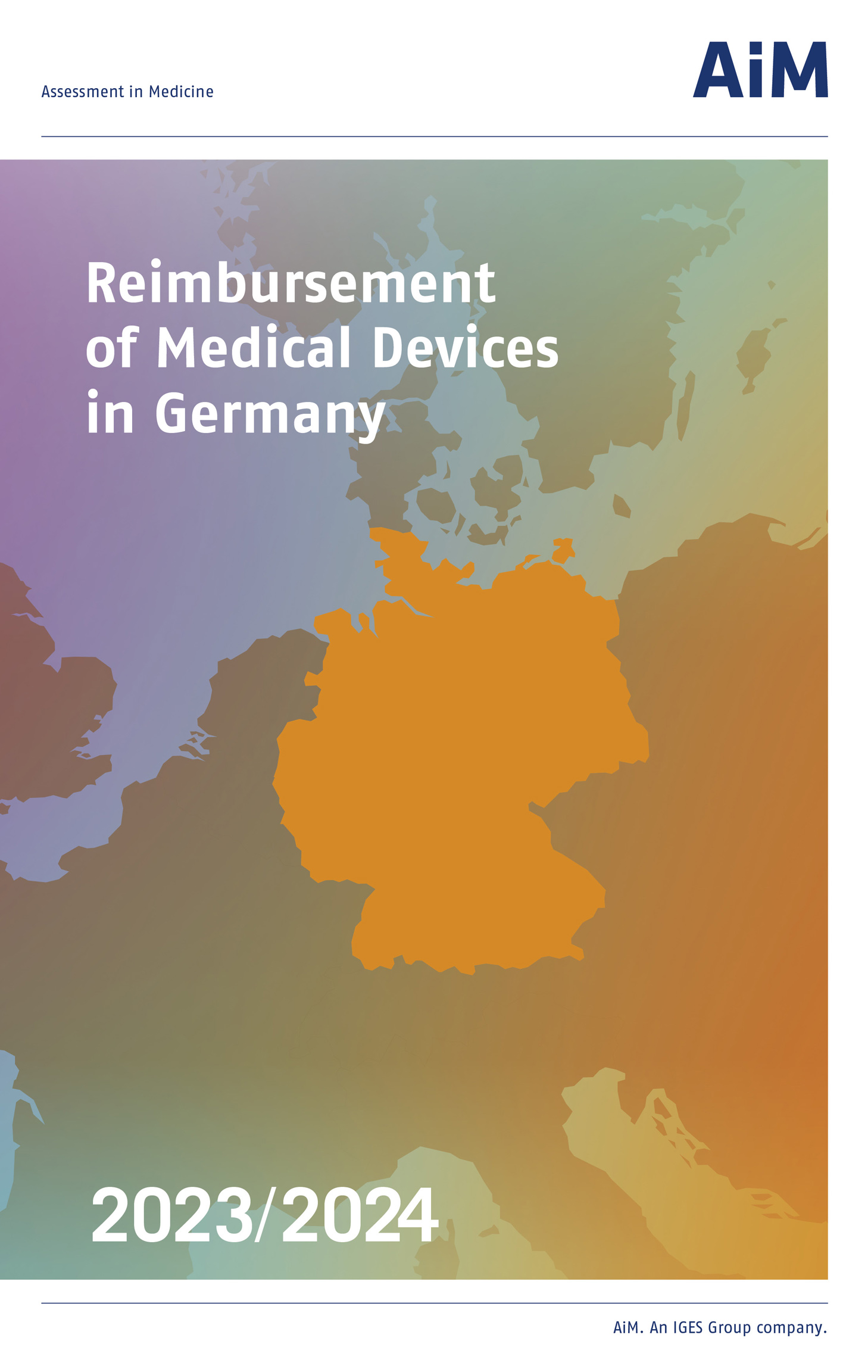How Changes in NHS Funding May Affect Your MedTech Adoption Journey
The NHS Long Term Plan was designed to improve the future of the NHS and this comprehensive plan includes making changes to how treatments will be paid for. With big changes on the horizon, it is important to consider how MedTech funding may be different in the future.
Planned Changes in NHS England Funding in Consultation
Principles of the New 21/22 NHS Funding framework
System funding
Blended payments
Blended payments are designed to support health care systems in managing their financial resources. They consist of a fixed element, based on forward-looking forecasts of activity, and at least one or more of the following:
- A quality or outcomes based element (aligned to long term objectives)
- A risk sharing based element (financial or activity)
- A variable payment (setting prices for each unit of activity, either agreed marginal cost or full cost).
Essentially, blended payments are designed as a flexible framework, to allow for a range of payment approaches to be combined, giving greater freedoms for how hospitals spend their money.
What Does This Mean for MedTech Funding?
Theoretically, this change in payment system will give hospitals more flexibility in where they can decide to spend their money, as long as they are serving the population and not losing money. This could mean that hospitals will become more open to hearing about how new technologies could benefit both patients and the hospital as a whole, as well as being cost-effective and money-saving.
How Will This Affect your MedTech NHS Adoption Journey?
Since the Covid-19 outbreak, the number of patients waiting for elective treatments has reached record highs. Hospitals are under more pressure than ever before, so they must look for new, innovative ways to improve care. This means that medical devices have a better chance of being funded by the NHS, as long as they can show that they will be valuable in relieving pressures, financially and in terms of standards of care.
When considering funding new technology, hospitals need to know that it is worth the investment. Understanding the hospital pressures and waiting list volumes is paramount in being able to offer new products that help hospitals with operational gains – treating more patients, increasing day case rates, and reducing the enormous waiting list caused by Covid-19.
For more information, please contact Device Access:
Device Access
University of Southampton
Science Park, Chilworth, Hampshire
England SO16 7NS
United Kingdom
P: +44 2380 118 300
info@deviceaccess.iges.com
